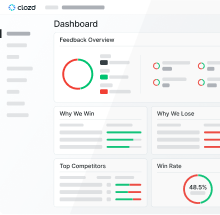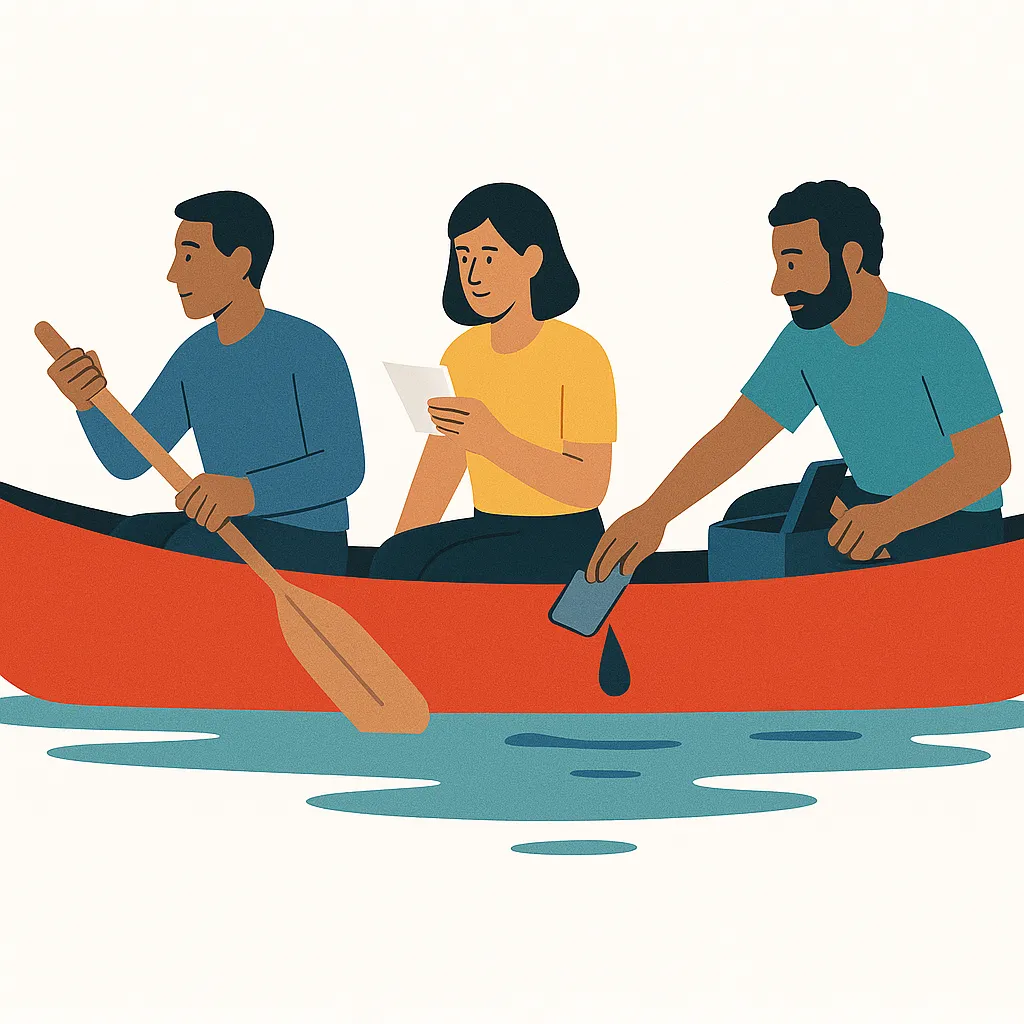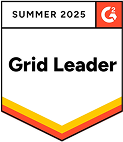
Win-Loss Analysis: 4 Tips for Sales Leaders
During a recent webinar with Clozd, Josh Ellars shared four best practices for using win-loss interviews and analysis.

Josh Ellars
Head of Marketing & Sales Enablement, OpenGov
Founder, Patri
At the time of the webinar Josh was serving as Head of Marketing & Sales Enablement for OpenGov, the leader in budgeting and performance technology for the public sector. Josh is also the founder of Patri, which provides sales technology and services for winning more business with the public sector. Prior to OpenGov Josh spent 10+ years building high-growth state and local government sales teams for Decision Lens, Qualtrics, and Metalogix.
In response to the question, “What tips or best practices would you give to other sales leaders as it relates to win-loss analysis?” Josh shared the following insights:
First, leverage a third-party.
Leveraging a third-party like Clozd to do [win-loss] analysis and be that trusted advisor in the market is critical. Oftentimes, and I’ve fallen into this, I thought I had all the answers. I really thought I had a good grasp on the market, my customers, my prospects, my messaging, my positioning, the pain points and our solutions. The reality is we should not do anything as sales teams unless we’ve first done the research to get there, and sometimes that research does include third-party assistance, like Clozd. Diversify the outreach in terms of how you see the market and how the market sees you. That’s number one. It’s okay to ask for help.
Second, take action on the insights.
It’s vital that when you get the insights, you implement changes associated with the insights. It does no good to glean insights and glean intel and not have actions around it. You have to commit yourself to number one, be okay getting help, and then number two, implementing the insights that you’ve gleaned from that assistance.
Third, use win-loss analysis in sales coaching.
Each salesperson that I’ve coached or managed or worked with is at a different development level . . . and . . . win-loss analysis can gauge the specific needs of an individual to apply to their development plan.
For example, if I’m doing win-loss and I’m targeting an AE that’s on my team, I’m finding out that wow, this person doesn’t have the skills yet to properly navigate the procurement process . . . So, “Hey Bill, I found out from your prospect that you were a little loose on the procurement process, didn’t understand contracting. Let’s work on that” . . . the messaging of that is less of big brother and more of hey, “we’ve got this opportunity to glean insights from these prospects. Let’s work together to understand those insights and put a plan in place to get better with each of these skills.”
Fourth, recognize that intel from prospects carries more weight.
I’ve managed multiple teams of various sizes, and the best training you can give the team is content that actually comes from their prospects and from their customers . . . intel from the prospect as to why something went sideways carries 10x the weight of anything I could share.
In summary . . .
- Leverage a third-party.
- Take action on the insights.
- Use win-loss analysis in sales coaching.
- Recognize that intel from prospects carries more weight.
To hear the full interview with Josh Ellars, watch or listen to the webinar:
Looking to implement win-loss interviews at your own organization? Clozd can help.
Conducting win-loss interviews is one of the best ways for sales leaders to teach individual sales reps, improve sales results, and gather deal-specific buyer feedback. Learn more about starting your win-loss interview program here.











.svg)






.png)



.svg)

.svg)




